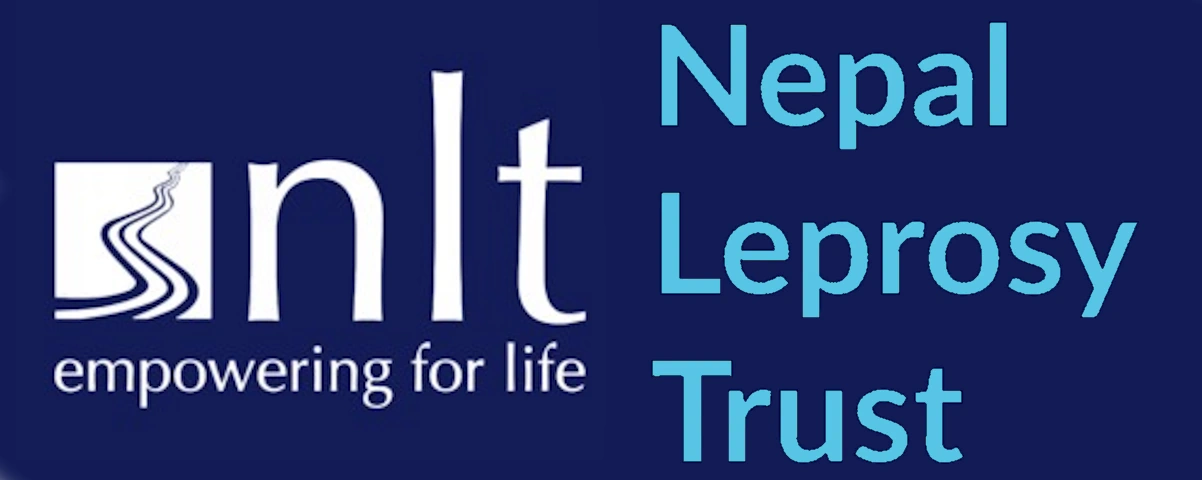Woman serving in funeral rites!
 Gender roles remain strict in Nepal, with women generally expected to manage the household and take care of the family. The pandemic has worsened gender inequality in the country when it comes to education, employment, and income.
Gender roles remain strict in Nepal, with women generally expected to manage the household and take care of the family. The pandemic has worsened gender inequality in the country when it comes to education, employment, and income.
In the Hindu religion, women are not allowed in cremation grounds; in the villages, only male members of the family are permitted to participate in funeral rites.
This is the story of Sapana
Sapana was born into a middle-class family in a small village of Nepal’s Myagdi district, in Gandaki province. She is said to have been a brilliant student during her childhood and pre-teen years. At age 14, she moved to Beni, Myagdi’s biggest city, to study — and that’s when her life took a sharp turn for the worse.
She married a teenage boy against her parents’ will. The relationship broke down just after a few months, and Sapana found herself shunned by her home village. She distanced herself from her family and became homeless.
While living in the streets, she became acquainted with the Homeless Management and Rehabilitation Centre, and began to work with them. Sapana now calls the president of the organization, Dinesh Jung Basnet, her godfather.
The Homeless Management and Rehabilitation Centre is a Nepalese charity providing assistance to homeless people. For the past three years, Sapana and her team have provided traditional Hindu funeral rites for abandoned and unidentified deceased bodies.
With COVID-19 disproportionally affecting homeless people in Nepalese cities, Sapana’s work became vital to this vulnerable population, who are so often deprived of dignified funerals.
After Sapana’s team identifies and collects deceased bodies from the streets or mortuaries, they send them for postmortem examination in hospitals. If the body remains unclaimed for 35 days, the organization takes them to a crematorium and performs Dagbatti, a traditional final rite in Hindu religion.
Dagbatti rituals are usually conducted by the male members of the deceased’s family. Sapana, however, has performed the rituals herself for hundreds of unclaimed bodies at the Pashupati Aryaghat (cremation ground), on the banks of Bagmati river in Kathmandu, Nepal.
